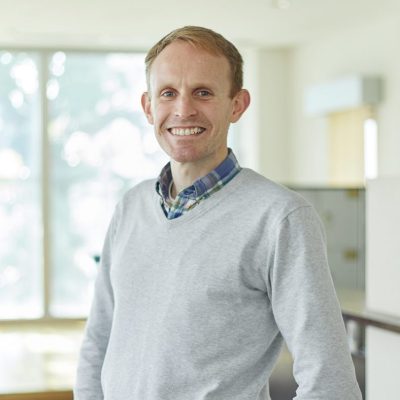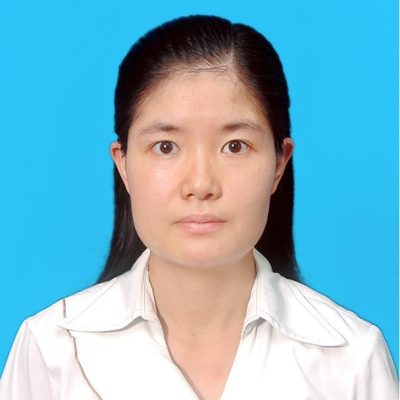
International Institute of Carbon Neutral Energy Research (I2CNER),
and
Institute of Mathematics for Industry (IMI)
Kyushu University, Japan.

Learn about the hosts!
CEMDI
‘Computational Energy Materials Design Infrastructure (CEMDI)‘ platform at INRS serves as a collaborative hub for computational researchers, comprising 11 Principal Investigators, two contributing PIs, as well as several postdoctoral researchers and graduate students.
I2CNER
IMI
The Institute of Mathematics for Industry (IMI) at Kyushu University, founded in 2011, is Japan’s first institution dedicated to applying mathematics to industrial problems. In 2013, it was recognized by MEXT as the Joint Research Center for Advanced Mathematics-for-Industry. IMI promotes “Math-for-Industry” through joint research and annual calls for research proposals, fostering collaboration between academia and industry.
Our Objectives
- Cultivate Industry-Academic Synergy: Bridge the gap between theoretical research and practical application by nurturing partnerships between industry and academia, thus translating cutting-edge theory into tangible solutions.
- Facilitate Collaborative Access: Foster collaborations with both national and international teams, harnessing the unique computational infrastructure and expertise available in Quebec, all united in the pursuit of climate change mitigation.
- Empower Emerging Researchers: Inspire and equip young researchers with the latest skills in advanced computational materials science. Provide them with exposure to the global forefront of clean energy innovation and a comprehensive understanding of interdisciplinary domains, including materials science, mathematics, condensed matter physics, molecular science, computational chemistry, and artificial intelligence.
- Advance Equity, Diversity, and Inclusion (EDI) in Materials Science and Engineering: Support and encourage underrepresented groups in the natural sciences and engineering (NSE), fostering a diverse and inclusive environment that enhances innovation through varied perspectives and collaborative efforts.
Organizers

Aleksandar Staykov
Associate Professor, I2CNER, Kyushu University, Fukuoka, Japan

Daniel M. Packwood
Associate Professor and Principal Investigator, iCeMS, Kyoto University, Kyoto, Japan

Jose Carlos Madrid
Postdoctoral Researcher, INRS-EMT, University du Quebec, Quebec, Canada

Kulbir Ghuman
Canada Research Chair (Tier 2) in Computational Materials Design for Energy and Environmental Applications, Associate Professor, INRS-EMT, Université du Québec, Quebec, Canada.

Linh Thi Hoai Nguyen
Assistant Professor, I2CNER, Kyushu University, Fukuoka, Japan

Pierluigi CESANA
Associate Professor, IMI Kyushu University, Fukuoka, Japan

Yasser Salah Eddine Bouchareb
PhD Student, INRS-EMT, Université du Québec, Quebec, Canada.

Yu Kaneko
Senior Research Scientist, Digital Strategy Center, Daicel Corporation, Osaka, Japan


